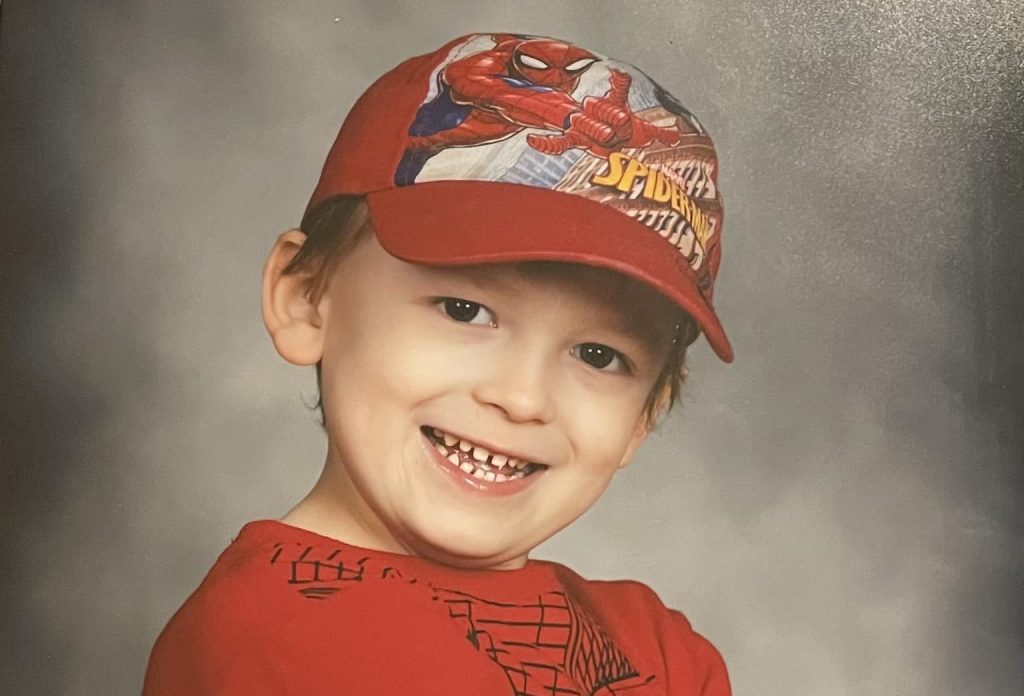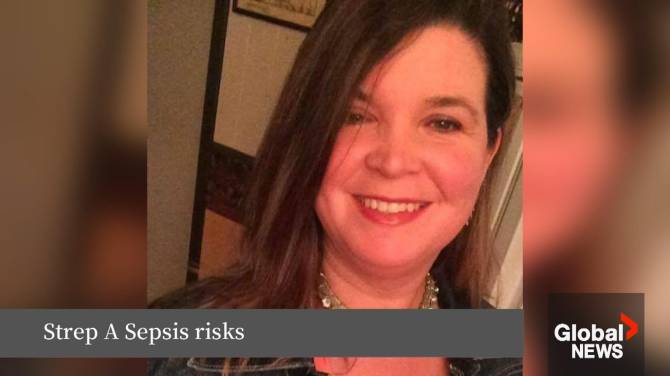A six-year-old boy in Nova Scotia has died after catching a severe form of strep.
The family of Jaydon Davis is speaking out in the hope of preventing a similar tragedy.
When Jaydon first got sick with a fever, his father, Randy Davis, was unsure about taking him to the emergency room because of long waits.
“It seemed like a regular fever,” he said. Instead, they arranged a virtual doctor’s appointment through the family’s private health plan and Jaydon was given a puffer for his cough.
Randy said his son passed away on March 6, 48 hours after showing symptoms.
Later, the family found out he had contracted an aggressive type of strep called invasive group A streptococcal disease (iGAS).

View image in full screen
Courtesy: Randy Davis via Facebook
In a phone interview with Global News, Randy said he’s speaking out to urge other parents not to hesitate and to go to the ER and get tested for the rare disease, even if their child only has a fever.
“It will always be important to find out,” he said.
No outbreaks connected to school case, says Nova Scotia Health
Nova Scotia Health (NSH) says they have identified close contacts and offered antibiotics. A letter was also sent home to Jaydon’s classmates at Admiral Westphal Elementary School in Dartmouth warning of potential exposure.
“Since there have been no other cases related to this person, this is not seen as an outbreak,” said NSH spokesperson Jennifer Lewandowski in a statement.
However, the province has seen an increase in positive cases of invasive group A strep compared to 2022 rates and pre-pandemic years.
Cases have also been rising across the country.
“Invasive group A streptococcal disease is a rare illness, but there are cases in Nova Scotia every year,” the statement said.
“Most cases are individual ‘sporadic’ cases. Group A strep can cause common infections such as strep throat and skin infections. Rarely, the infection is severe and can lead to blood infections, pneumonia requiring intensive care, or it can cause necrotizing fasciitis (flesh-eating disease).”
There were five deaths in Nova Scotia last year — all over the age of 55. Illness rates are highest among children under 5 and adults 65 and up.
Randy thanks the “amazing” support of the community for helping his family during this tough time, and he wants to keep other families safe from the potentially devastating effects of the illness.





